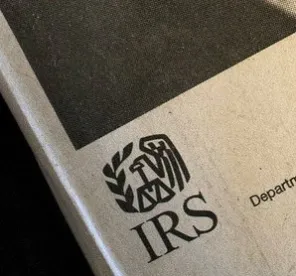The Internal Revenue Service (IRS) recently posted a set of frequently asked questions (FAQs) on its website to provide additional information on Revenue Procedure 2020-20. The IRS published this revenue procedure on May 11, 2020, to provide relief for certain nonresident aliens stranded in the United States due to COVID-19-related travel restrictions. The new FAQs provide relief for certain nonresident aliens who may be forced to remain in the United States longer than anticipated because of a medical condition. As indicated in our prior article on Revenue Procedure 2020-20, an extended stay could adversely affect a nonresident alien’s classification for federal income tax purposes.
A nonresident alien who becomes ill while in the United States may be able to claim a medical condition exception to exclude certain days he or she intended to leave the country but was unable to do so because of the illness. To claim the medical condition exception, the nonresident alien generally must file IRS Form 8843, Statement for Exempt Individuals and Individuals With a Medical Condition, which requires a signed physician’s statement. In the FAQs, the IRS acknowledges that it may be difficult for an individual to obtain a physician’s statement during a pandemic. Therefore, the IRS provides procedural relief. A nonresident alien who is otherwise eligible to claim the medical condition exception may file the Form 8843 without a physician’s statement to cover a period of up to 30 consecutive days in 2020 (referred to as the 30-day exception). Notably, a nonresident alien may be eligible for relief by claiming multiple medical condition exceptions under Revenue Procedure 2020-20 and the 30-day exception provided for under the FAQs.
The FAQs describe the type of documentary evidence that a nonresident alien should retain to substantiate a claim for both types of relief. The FAQs also describe how to complete the Form 8843.
In general, FAQs provide unofficial IRS guidance. However, the information in the new FAQs may be helpful until the IRS issues more formal guidance.






 />i
/>i
